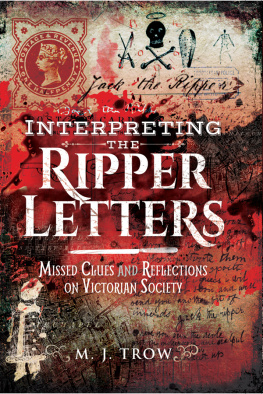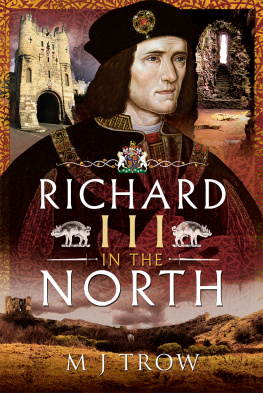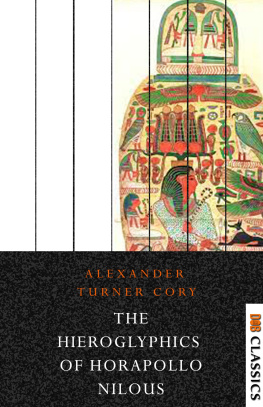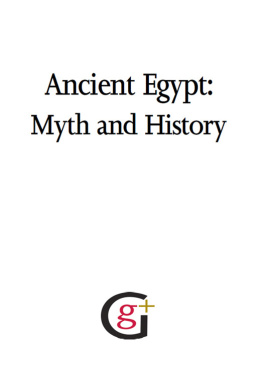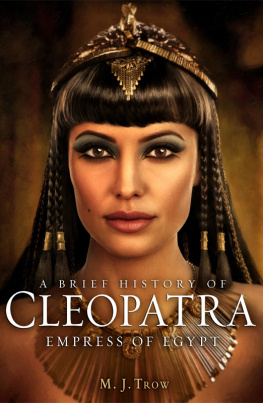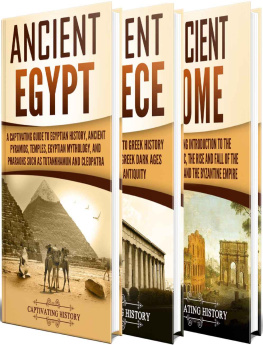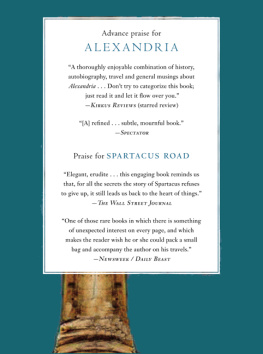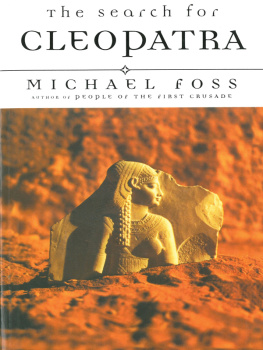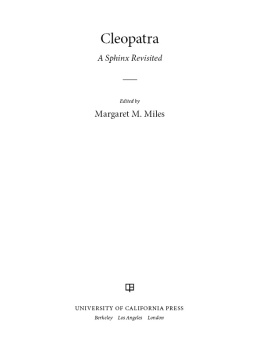M. J. Trow studied history at university, after which he has spent years teaching. He is also an established crime writer and a biographer, with a reputation as a scholar who peels away legend to reveal the truth. Originally from Rhondda, South Wales, he lives in the Isle of Wight.
Highlights from the series
A Brief History of British Kings &Queens
Mike Ashley
A Brief History of the Crusades
Geoffrey Hindley
A Brief History of the Druids
Peter Berresford Ellis
A Brief History of the Dynasties of China
Bamber Gascoigne
A Brief Guide to the Greek Myths
Stephen Kershaw
A Brief History of Henry VIII
Derek Wilson
A Brief History of the Hundred Years War
Desmond Seward
A Brief History of Life in the Middle Ages
Martyn Whittock
A Brief History of Mankind
Cyril Aydon
A Brief History of the Middle East
Christopher Catherwood
A Brief History of the Private Lives of the Roman Emperors
Anthony Blond
A Brief History of Roman Britain
Joan P. Alcock
A Brief History of Secret Societies
David V. Barrett
A Brief History of Slavery
Jeremy Black
A Brief History of the Universe
J. P. McEvoy
A Brief History of Venice
Elizabeth Horodowich
A Brief History of the Vikings
Jonathan Clements
CLEOPATRA

Constable & Robinson Ltd
5556 Russell Square
London WC1B 4HP
www.constablerobinson.com
First published in the UK by Robinson,
an imprint of Constable & Robinson Ltd, 2013
Copyright M. J. Trow, 2013
The right of M. J. Trow to be identified as the author of this work has been asserted by him in accordance with the Copyright, Designs & Patents Act 1988.
All rights reserved. This book is sold subject to the condition that it shall not be reproduced in whole or in part, in any form or by any means, electronic or mechanical, including photocopying, recording, or by any information storage and retrieval system now known or hereafter invented, without written permission from the publisher and without a similar condition, including this condition, being imposed on the subsequent purchaser.
A copy of the British Library Cataloguing in Publication
Data is available from the British Library
UK ISBN 978-184901-978-1
eISBN 978-147210-002-3
1 3 5 7 9 10 8 6 4 2
First published in the United States in 2011 by Running Press Book Publishers, A Member of the Perseus Books Group
All rights reserved under the Pan-American and International Copyright Conventions
Books published by Running Press are available at special discounts for bulk purchases in the United States by corporations, institutions, and other organizations. For more information, please contact the Special Markets Department at the Perseus Books Group, 2300 Chestnut Street, Suite 200, Philadelphia, PA 19103, or call (800) 810-4145, ext. 5000, or e-mail .
US ISBN 978-0-7624-4801-2
US Library of Congress Control Number: 2012942465
9 8 7 6 5 4 3 2 1
Digit on the right indicates the number of this printing
Running Press Book Publishers
2300 Chestnut Street
Philadelphia, PA 19103-4371
Visit us on the web!
www.runningpress.com
Printed and bound in the UK
Cover design and illustration by JoeRoberts.co.uk
AUTHORS NOTE:
All dates are BC unless otherwise stated. I have also used modern spellings, which are now almost universal. So Kleopatra is Cleopatra, Marcus Antonius is Mark Antony, Gaius Pompeius is Pompey the Great, and so on. I have used Roman or Greek place names with their modern counterparts where necessary and have left currency as it was in the first century BC without any attempts to convert it into todays prices.
CONTENTS
BOOK ONE: ISIS BURNING
1
THE WORLD
ALEXANDRIA AD AEGYPTU, 27
Three years after the death of Queen Cleopatra, a Greek traveller from Amisea in Pontus on the Black Sea arrived in Egypt. His name was Strabo, the Squint-eyed, and he was there on the staff of Greeces praefectus (governor), Gaius Cornelius Gallus. It is likely that Strabos boss was from Frejus in southern Gaul (hence the name) and he was about to be recalled to Rome to answer charges, possibly of treason. Strabo could not fail to notice that there were a large number of statues of Gallus dotted all over the place, where there should have been nothing but statues of his boss, Gaius Julius Caesar, known to us as Octavian. It was a sign of the times that Octavian had begun, in the last months, to call himself Augustus, the divinely ordained. It is no exaggeration to say that Augustus status as first citizen (emperor in all but name), and even his title, came about as a direct result of events in Egypt over the previous three years.
Strabo was a geographer, although, in the century before the birth of Christ, the science was rarely divorced from history and the whole package was an art, given to flights of fancy and downright fiction. Strabo wrote down what he saw in Egypt but he also believed all sorts of tittle-tattle fed to him by Romans, Alexandrians and Egyptians. The result, while short on accuracy, gives us a fascinating picture of the land that was Cleopatras and which had just become Romes newest province.
Inevitably, what impressed Strabo most was its capital, Alexandria. So astonishing was this and so different from the rest of the country that it was known as Alexandria ad Aegyptu next to Egypt. If he had visited Rome recently, Strabo would have noticed the Egyptomania sweeping that city obelisks and archaic statuary were appearing in the Forum and at crossroads. Ironically, many Romans had worried that Cleopatra and her lover, the triumvir Marcus Antonius (Mark Antony) wanted to shift the capital of the empire to Alexandria. Now, it seemed, Alexandria was coming to Rome.
Cleopatras Alexandria, the one Strabo marvelled at in 27, was 300 years old. Technically, Romes population was larger, but the Italian city on its seven hills lacked the space, order and sumptuousness of the city founded by Alexander the Great. Like every other city in the ancient world, there was a mythical, supernatural story of its founding. More prosaically, the site was perfect. A small fishing village, Rakhotis, clustered on the shore between Lake Mareotis and the Mediterranean Sea. Alexander and his general Ptolemy who began the actual building needed links to Greece, his homeland of Macedonia and the rest of the empire he was carving out in the 320s; the sea provided that. The lake, via a series of canals, led to the Nile, the lifeblood of Egypt whose source, men said, was far to the south in the Mountains of the Moon. The city that Strabo saw was laid out on a lavish grid pattern, which divided the place into five districts Alpha, Beta, Gamma, Delta and Epsilon making Alexandria the first settlement in the world to have clear postal addresses. It was always a cosmopolitan city Strabo could have talked Latin and Greek anywhere throughout it but archaeological and other evidence implies that the ethnic groupings Greek, Jew and Egyptian kept to themselves in their quarters. Inevitably, in a city founded by the Greeks, it was they who were Alexandrias elite, scholars and merchants living in grand limestone and marble houses nearest to the vast sprawl of the royal palaces in the Beta district. Only they, at first, could become full citizens.
Next page

